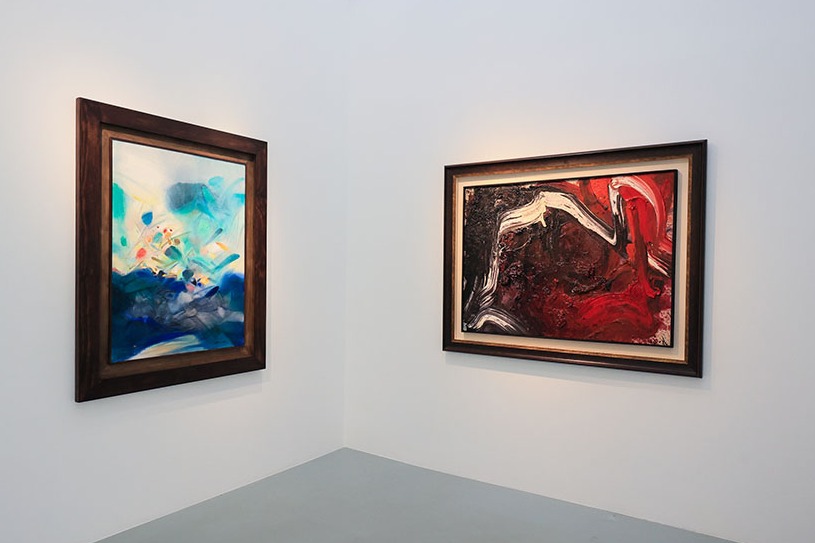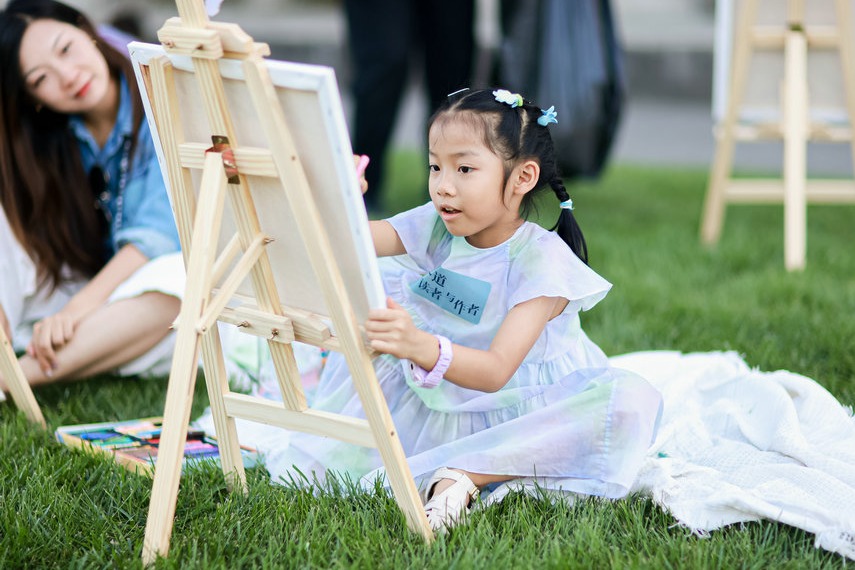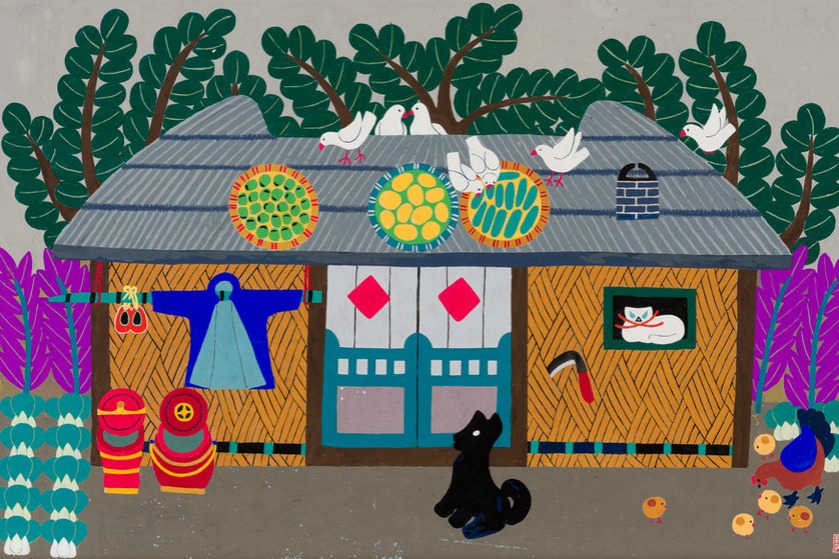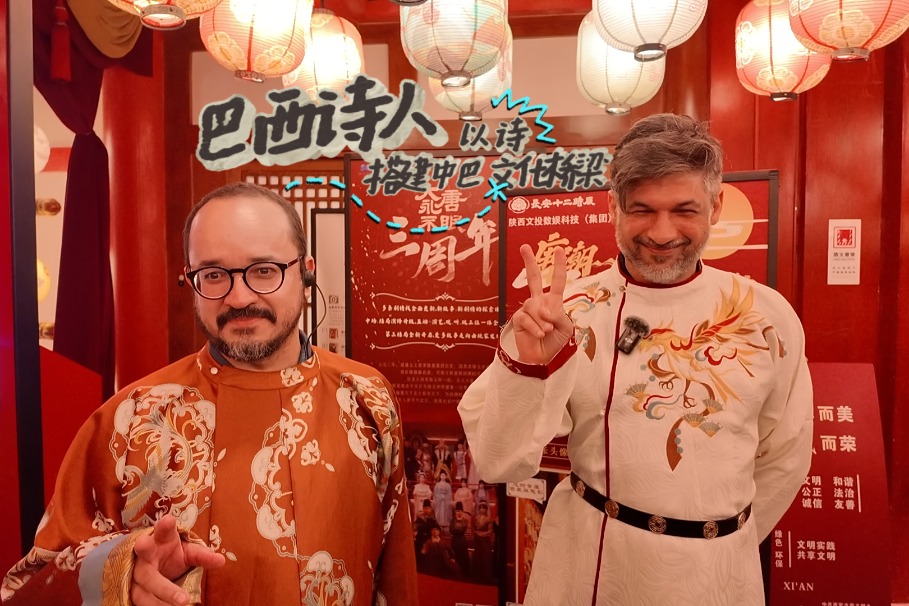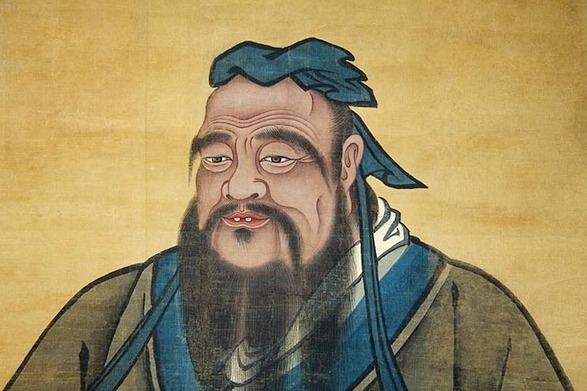Importance of the 'superfluous'


He had the leisure — like his great-grandfather, Wen Zhenheng failed repeatedly in the official examinations and held only minor posts. Frustrated and disillusioned, he withdrew into his garden, devoting himself to the study of "superfluous things", just as his great-grandfather once had.
Yet, nothing spoke more powerfully of the man and his true intent than his final act — choosing to end his own life in 1645 with the fall of the Ming Dynasty, according to Zhang Yan, professor of art history at Southeast University in Nanjing, Jiangsu province.
"Wen Zhenheng came from a long line of Chinese scholars for whom retreat into a beautiful garden was never an escape from harm, but rather a hiatus — a pause that prepared them to respond when the call of duty arrived," Zhang wrote in her preface to an annotated edition of The Superfluous Things, first published in 2008 and reprinted many times since.
In fact, Wen Zhenheng had risked his life in defense of an upright official who had been incriminated, and even sought to revive the Ming Dynasty when its fate was already all but sealed.
Living up to the loyalty expected of a true gentleman of his time, he could hardly have imagined that, just over a century after his death, his book — deemed hugely valuable for its insights into garden aesthetics, craftsmanship and literati life — would be included in the Siku Quanshu, the largest collection of Chinese classical texts ever assembled.
Compiled under the direction of Emperor Qianlong of the Qing Dynasty (1644-1911), whose ancestors had ended the Ming, the collection contains a section titled "Miscellaneous Treatises", where Wen's work found its place.
"The inclusion underscored both the aesthetic value of The Superfluous Things and the Qing court's appreciation for Ming literati culture," says Lyu.
Interestingly, the Qing emperor himself possessed both a prodigious appetite and a discerning eye for the "superfluous", whether in jade, painting or calligraphy. Like Wen Zhenheng, he condemned the wasteful use of precious jade by craftsmen who favored the elaborate and unnecessarily intricate.
The emperor even went so far as to give Wen Zhenheng an honorific posthumous title Jie Min, which means "one who inspires respect through integrity and evokes sympathy through misfortune".


















